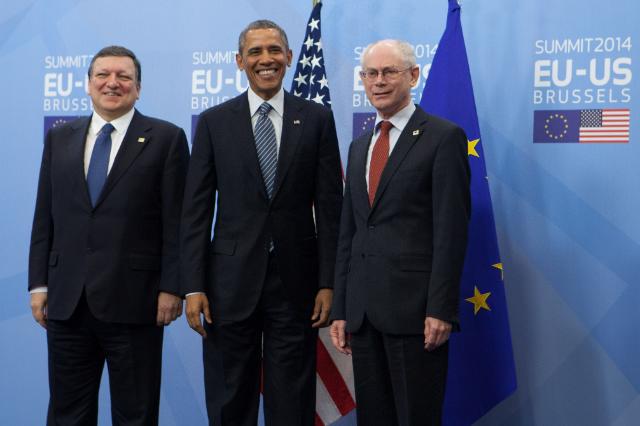
Reactor building at Ukrainian nuclear plant hit during recent attacks
Recent attacks on Ukraine’s Zaporizhzhia nuclear power plant "mark the beginning of a new and gravely dangerous front of the war," the UN atomic agency's director general said last week.



